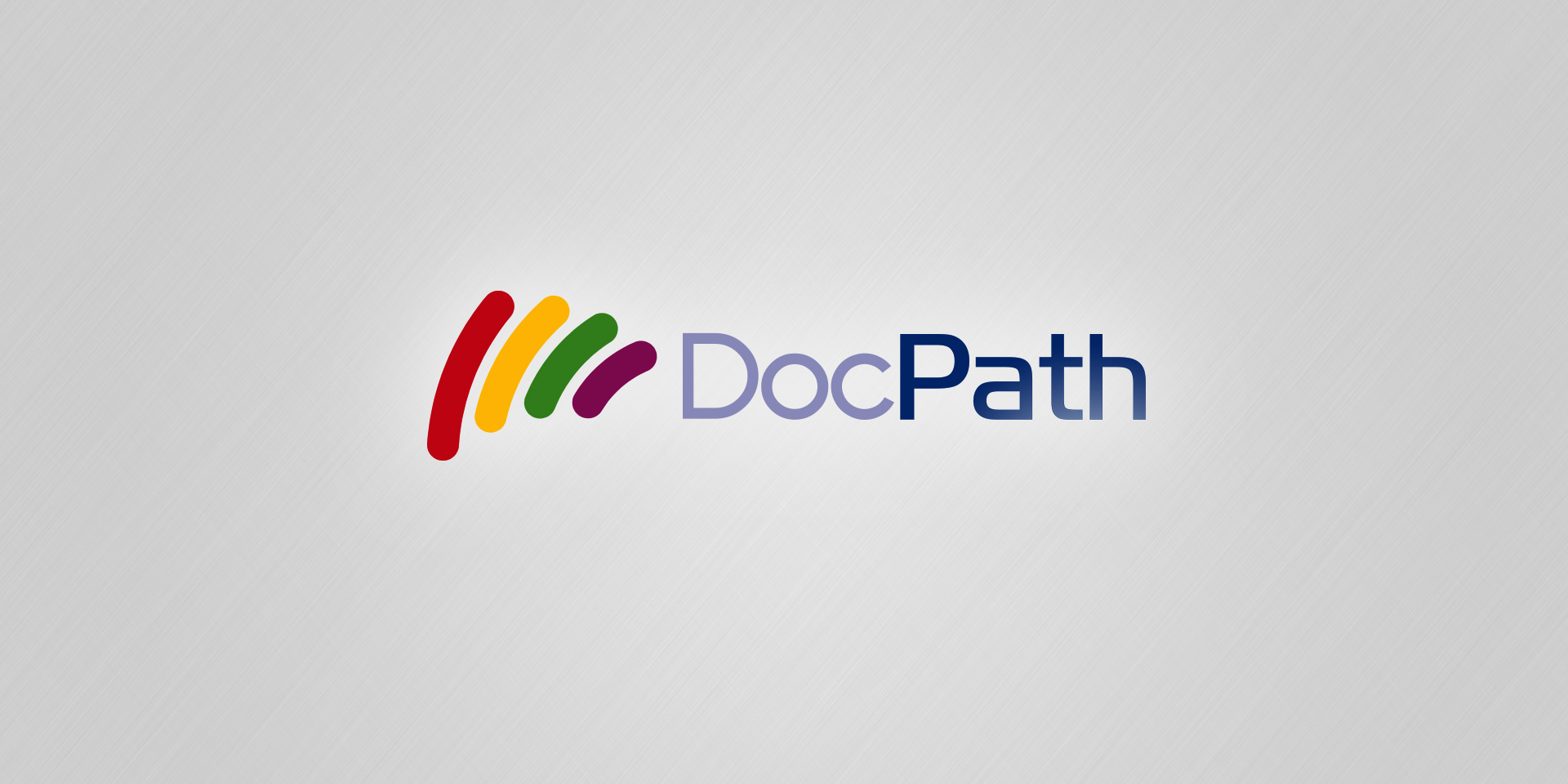
The jobs of the future will, without a doubt, be molded by technological evolution, sector-specific trends and globalization, among other factors and, ideally, these jobs will not be limited by corporative policies nor economic crisis.
However, a recent debate, organized by MuyComputerPro magazine, indicates that there are three concepts that will most affect and shape our jobs in the next decade: virtualization, management and security.
Mobility and virtualization
According to a study conducted by IDC, the total number of mobile workers worldwide will reach a staggering 1,300 million by 2015. This is more than a third of the world´s active population, with the USA, Asia and the Pacific region taking the lead.
The reasons for this widespread and growing success of mobile jobs may be found in new technological trends, and more specifically, in the virtualization of our jobs.
Virtualization is an increasingly popular concept which encompasses any technology that enables a PC to access applications and data located on a remote system. In fact, a report published by Gartner states that, by the end of 2013, approximately 500,0000 PCs will be virtualized, and around 25% of all existing corporative PCs will be virtualized over the next 3 years.
The advantages of virtualized jobs are noteworthy, both for the company and for its workers. On the one hand, maintenance costs of offices and office equipment are drastically reduced, as well as the time needed to get a PC up and working at 100% after an IT system failure. On the other hand, business data are managed more flexibly and securely, since these data and all corporative software programs are now located on a central system controlled by the company.
Moreover, as Cloud Computing is being adopted by a growing number of organizations, many manufacturers are currently launching virtualization systems geared towards the Cloud.
Security and management
Security and management of professional devices are the main aspects of concern for companies and workers. In fact, most enterprises are more concerned about the security and confidentiality of their corporative information than about the devices itself. This means that IT departments are not blocking professional devices anymore, instead, they are installing business apps that allow workers to securely use the company´s data, at any moment and place.
This new approach has given rise to a new concept in IT: mobile sandboxing, also known as containerization of mobile devices. This term refers to a method that creates a sandbox or container of confidential data on a device. These containers are only accessible via valid user authentication and run independently from the security settings configured on the device itself.
Containerization is closely linked to the increasingly popular phenomenon called BYOD (Bring Your Own Device). This recent trend shifts ownership of the device from the organization to the employee, while corporative data on the device is controlled and monitored by the company. As such, many organizations consider containerization as a way to securely embrace BYOD and successfully implement BYOD strategies.
Apart from sandboxing or containerization, the market offers a wide variety of data protection systems for virtualized jobs. This includes, for example, a new generation of processors that protect devices and virtual PCs from possible threats while putting the actual control in the hands of a company´s IT experts.
The future is already here
The latest technology trends have enabled the creation of mobile jobs, and mobility will be increasingly important over the next decade. Easy access to business data, in real time, is promoting new ways of working globally, and many companies are trying to adapt in order to implement virtual and mobile jobs. On the other hand, workers will need to face other types of changes, specific to the new decade. New apps, virtual communities, social networks and teams that comprise several generations – each with its own methods of working – are a true challenge for both companies and workers.
Sources:
Julio A. Olivares
DocPath CEO
